
1:23
With complex imported or self-created sketches, the usual aim is to obtain a closed profile from which to create solids. However, the quality of an imported sketch, such as a DXF with many lines, is sometimes inaccurate, and the sketch profile isn’t closed.
In such cases, Onshape's Profile Inspector can help identify and correct lines with open ends.
How do I recognize if my sketch profile isn’t closed?
Whether a sketch profile is open or closed is easy to identify at first glance. As soon as a sketch profile is closed, the surface of the closed profile is given a transparent grey color.
If this isn’t the case (for example, after importing a sketch profile), the sketch must be checked for open ends. This can be very time-consuming. Open profiles are not always obvious in sketches that contain many lines and connection points, especially if the distances between open connections are very small.
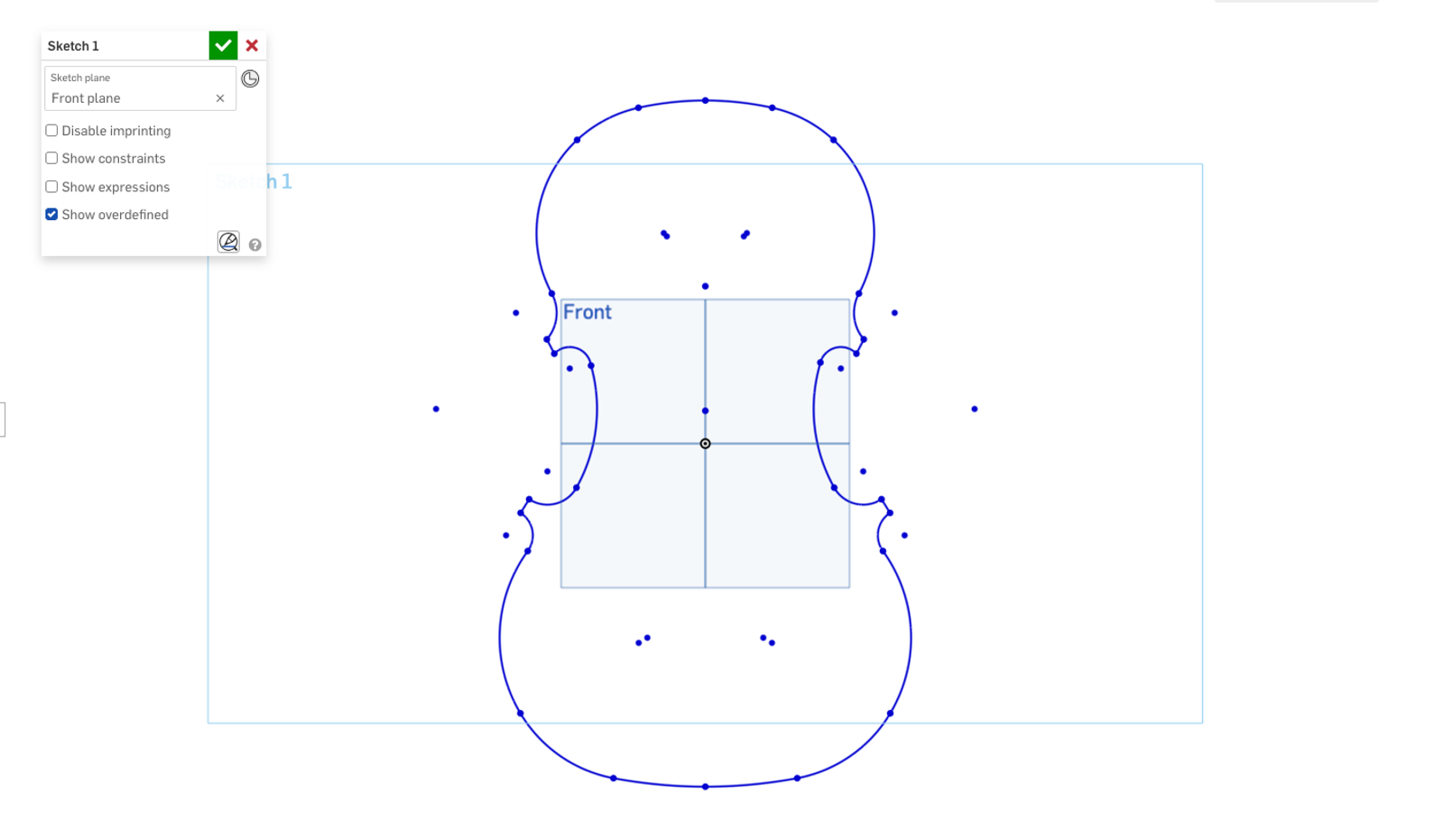
Using Onshape’s Profile Inspector
Onshape's built-in Profile Inspector identifies open profile ends and sketch elements, highlighting them in red or yellow when hovering over them in the selection list.
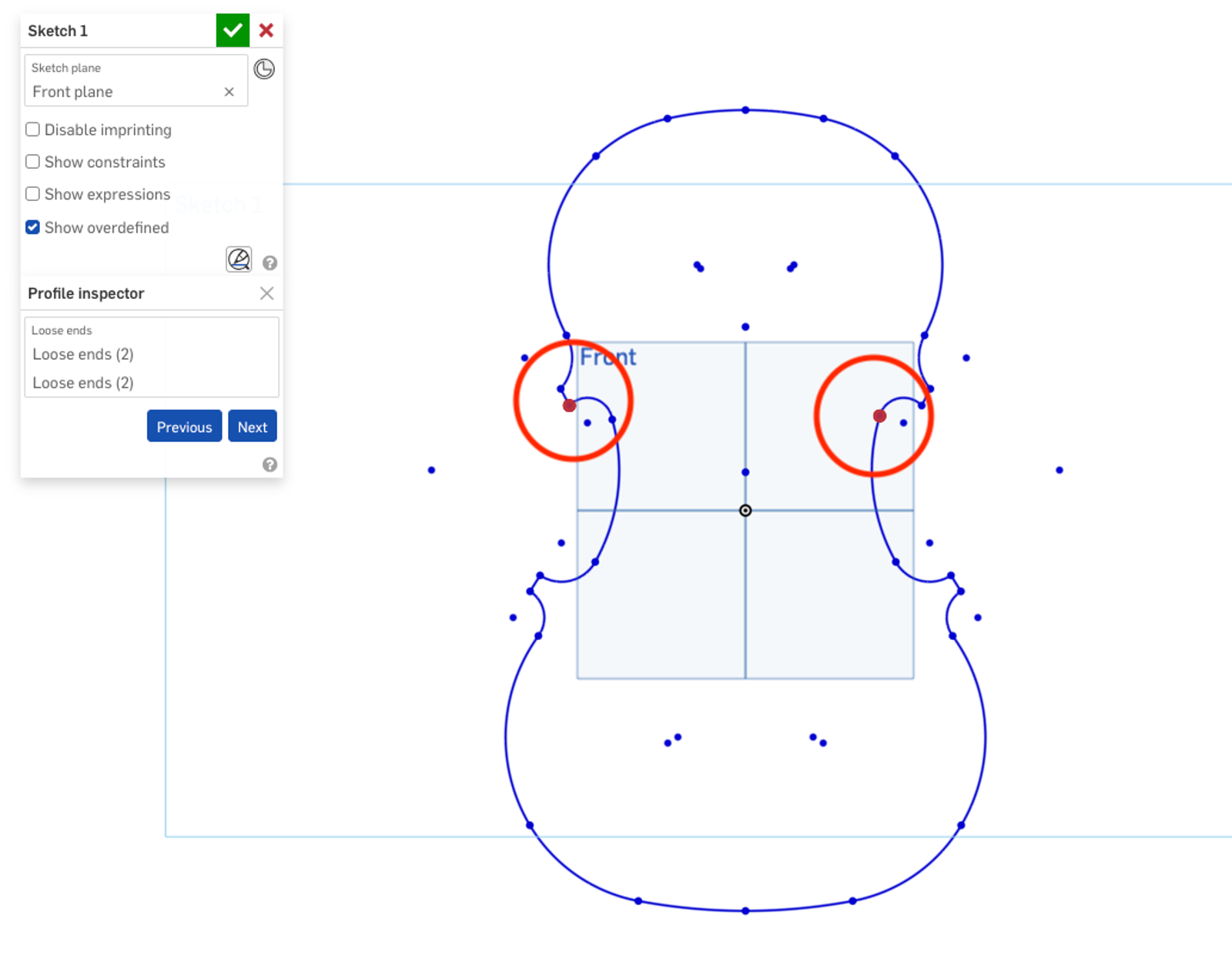
If you click on one of the results, Onshape zooms in on the affected region and highlights the open ends in yellow. The sketch can be repaired while the Profile Inspector is still active.
This saves you time troubleshooting.
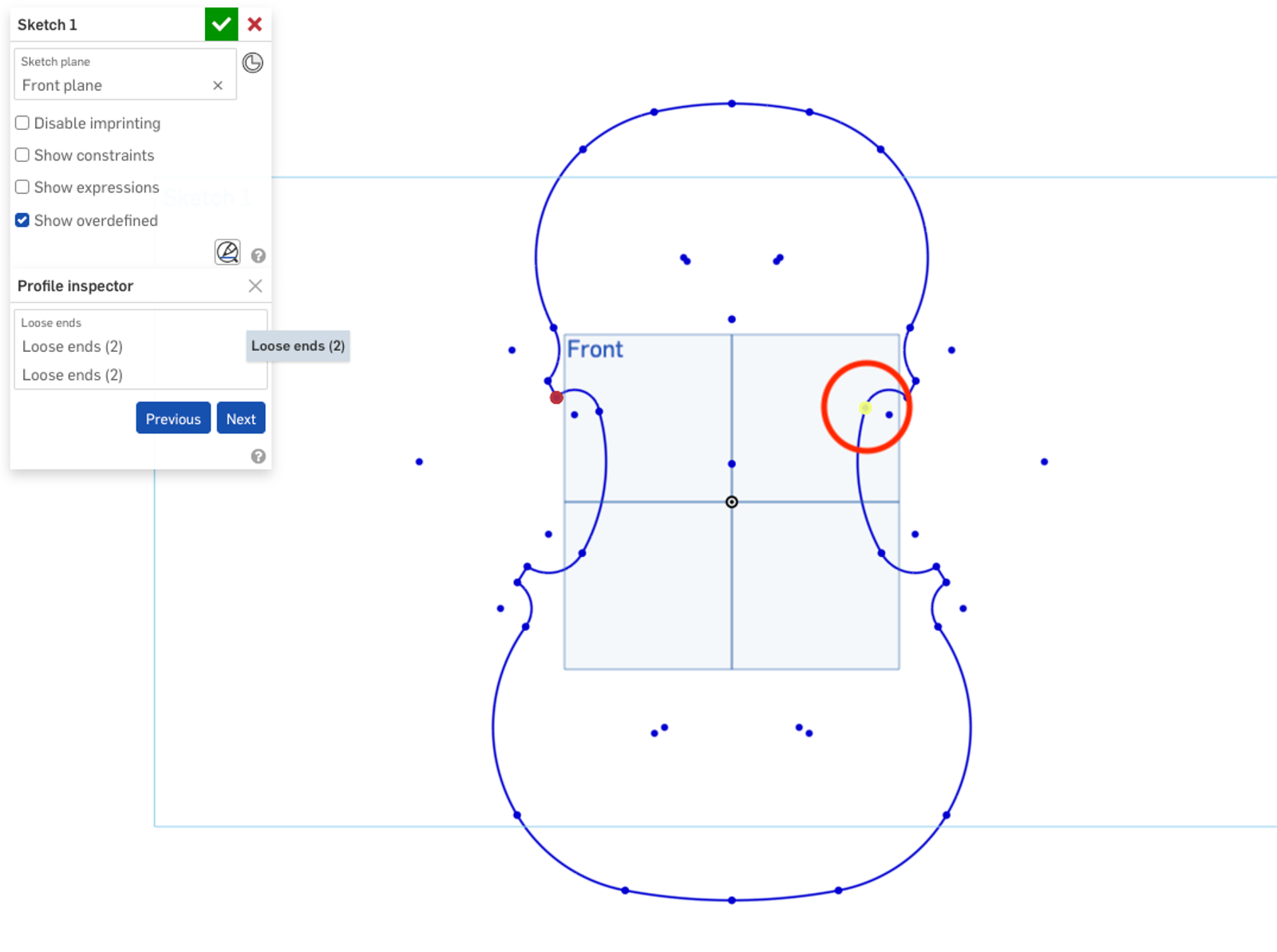
See the Profile Inspector in action in the video below:
This Tech Tip helped you learn how to use the Profile Inspector, which was added to Onshape’s repertoire in the 1.190 update. If you want to learn more about sketching, check out the Introduction to Sketching course in the Learning Center.
The Onshape Learning Center
Take self-paced courses, get technical briefings, or sign up for an instructor-led training session.
Latest Content
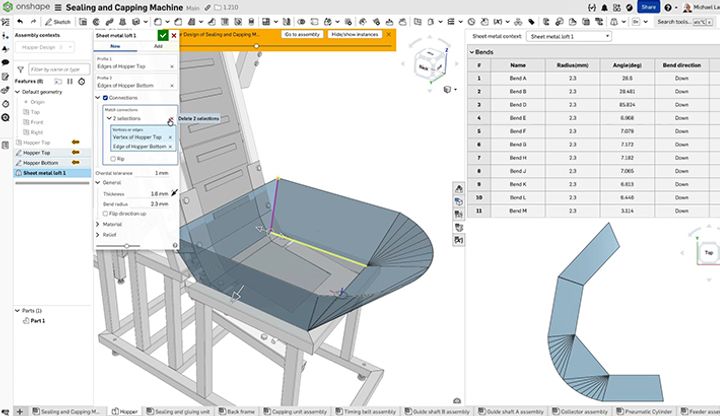
- Blog
- Becoming an Expert
- Sheet Metal
Two Views, One Model: Faster Sheet Metal Design in Onshape
02.12.2026 learn more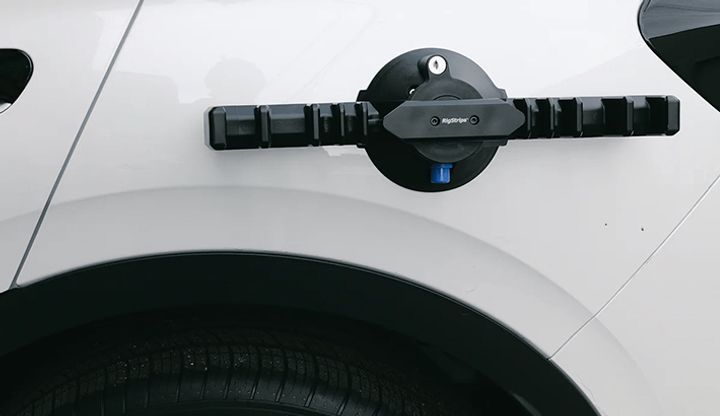
- Blog
- Customers & Case Studies
- Collaboration
- Consumer Products
RigStrips Boosts Design Speed Using Onshape's Collaborative Tools
02.11.2026 learn more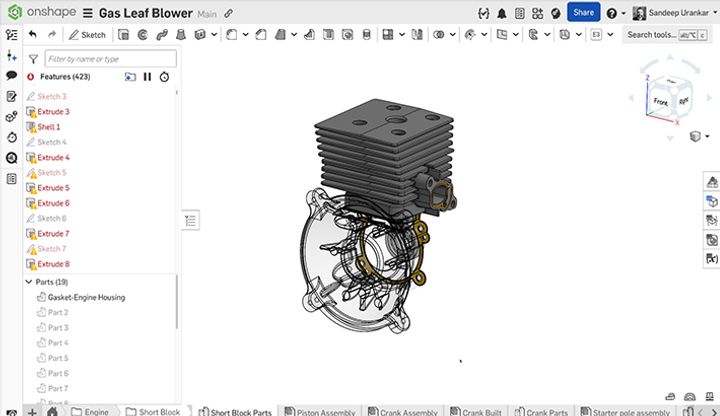
- Blog
- Becoming an Expert
- Features
- Data Management
How Onshape's Repair Tool Fixes Broken References
01.29.2026 learn more


